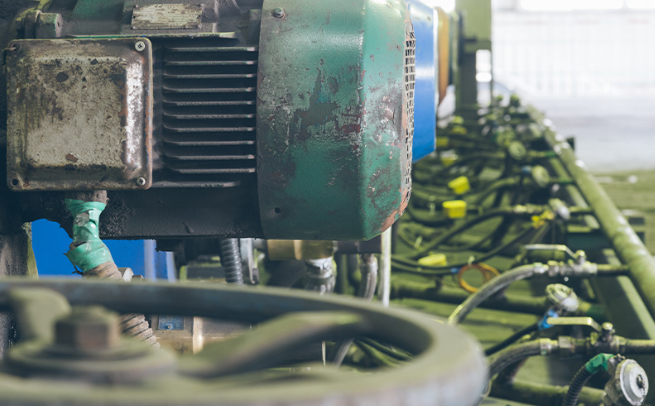Every choice you make while handling heavy-duty power equipment, such as an industrial or marine generator, has cost implications—especially those involving maintenance. One of the most common mistakes companies make is substituting genuine replacement parts with cheaper alternatives. On paper, it may seem like a good way to save money. In practice, it usually ends up doing the opposite.
Immediate Compatibility Risks and Installation Failures
Non-genuine parts rarely match original specifications with precision. Whether it’s a slight mismatch in dimensions, material grade, or connector alignment, the result is often improper fitting or complete incompatibility. In an industrial generator, this could mean a replacement gasket that leaks under pressure. On a marine generator, it might be a fuel injector that malfunctions under load due to seawater exposure. Installation delays also increase as technicians must work around flaws or reconfigure parts to make them “fit,” increasing man-hours and frustration.
Accelerated Wear and Unexpected Downtime
Unlike authentic replacement parts—which are tested and validated for performance within specific systems—non-genuine components often fall short in terms of durability. Bearings wear out faster, seals fail prematurely, and filters may not trap contaminants properly. This characteristic results in more frequent breakdowns, irregular engine behaviour, or derating of generator output. For an industrial generator running critical manufacturing equipment or a marine generator powering navigation and life-support systems, unplanned downtime can lead to production stoppage or even vessel detainment at the port.
Void Warranties and Legal Liabilities
Using non-genuine parts is one of the fastest ways to void manufacturer warranties. OEMs clearly specify that only authentic replacement parts should be used during servicing. Should a generator fail while under warranty, the manufacturer can legally deny coverage if unauthorised parts were used. Worse, if the failure leads to equipment damage or an onboard incident—such as a fire or environmental spill on a marine vessel—it could expose the operator to serious legal and insurance complications. Regulatory bodies may also penalise vessels that do not comply with equipment standards.
Inaccurate Diagnostics and Misleading Performance
One of the overlooked consequences of non-genuine parts is how they affect diagnostics. Modern industrial and marine generators often have integrated monitoring systems that rely on sensors and predictable behaviours from OEM components. When a fake or subpar part is installed, it can skew sensor readings, confuse control systems, or trigger false alarms. This instance can lead to unnecessary maintenance cycles or missed warning signs of real problems. In turn, this makes troubleshooting longer, more expensive, and less effective.
Erosion of Equipment Lifespan and ROI
The long-term damage from using non-genuine parts is often invisible until it’s too late. Corrosion, vibration imbalance, overheating, and fuel inefficiency all add up over time. Eventually, this reduces the generator’s overall lifespan and forces premature capital replacement. While saving a few hundred on a non-OEM alternator might seem smart initially, that decision could shave years off the machine’s useful life—especially in marine applications where harsh operating conditions amplify the stress on every component.
Supply Chain Disruption and Part Inconsistencies
Non-genuine suppliers often lack consistent quality control or stock reliability. A fleet manager might source a batch of alternators from one vendor, only to find the next batch has slightly different specs or fails faster. This characteristic creates a chaotic service environment, complicates inventory planning, and risks downtime due to inconsistent part performance. Conversely, sourcing authentic replacement parts from authorised channels guarantees traceability, standardisation, and streamlined maintenance cycles.
Conclusion: Short-Term Savings, Long-Term Losses
Cutting corners on parts is a false economy. Dependability is critical for both industrial and marine generators. A single malfunction brought on by a fake part can result in expensive repairs, lost revenue, downtime, and void warranties. Genuine parts may come at a premium, but they offer peace of mind, operational continuity, and long-term cost efficiency. Remember, authenticity is essential for mission-critical power systems.
Contact Rehlko for expert generator services and certified components that guarantee performance—every time.

